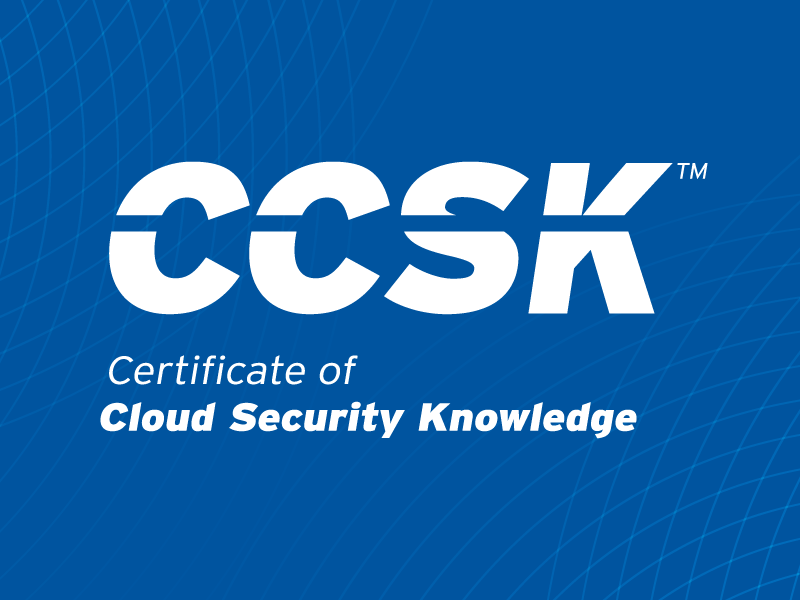Email Security Best Practices for 2024 (and Beyond)
Published 03/19/2024
Originally published by Abnormal Security.
Written by Mike Britton.
As we usher in a new year, the ever-evolving nature of cyber threats requires a proactive and informed approach. The past year in the security space was focused almost entirely on AI and its effects, with advances having a two-pronged effect: allowing organizations to streamline their business operations and enabling threat actors to easily create more sophisticated attacks.
In this dynamic threat landscape, where technology advances at an unprecedented pace, understanding and implementing best cybersecurity practices is crucial. And nothing is more important than securing your email, which remains the most common way for attackers to gain access to your organization. As we move into the new year and threat actors continue to hone their tactics to be more successful, the practices outlined here will empower you to keep your email environment safe from their attacks.
1. Leverage AI-Powered Threat Detection
Perhaps the most critical and effective security measure you can take for your organization in 2024 is leveraging the power of artificial intelligence (AI) for advanced threat detection. As threat actors use generative AI tools to increase the sophistication of their attacks, AI will be the only way to stop them moving forward.
Unlike traditional security solutions that rely on static indicators of compromise to detect malicious intent, AI-driven cybersecurity solutions can analyze vast amounts of data in real time, identifying patterns and anomalies to detect and mitigate potential threats before they escalate. The continuous machine learning capabilities of AI-powered solutions contribute to their adaptive nature, enhancing the overall efficacy of cybersecurity defenses against sophisticated attacks—including attacks generated by malicious AI.
2. Automatically Detect and Remediate Compromised Accounts
With the increasing sophistication of cyberattacks, organizations face a constant threat of compromised accounts, which can lead to costly data breaches and reputational damage. Account takeover (ATO) attacks have become more frequent, with cybercriminals targeting email accounts to gain unauthorized access to sensitive information. And it’s not just credential phishing that is the culprit, as more attackers are using brute force methods, implementing credential stuffing tactics, or even purchasing passwords on the dark web to gain access to accounts.
Even with the best email security available to prevent inbound credential phishing attacks, implementing robust account takeover protection measures is crucial to safeguarding your organization’s sensitive data. By detecting and mitigating account takeover attempts in real time, organizations can prevent unauthorized access, block compromised accounts, and remediate any potential damage—no matter how they originally got in.
3. Prevent Time-Wasting Graymail
As we enter 2024, the volume of emails hitting our inboxes continues to grow, and employees face the overwhelming daily challenge of sifting through countless promotional messages or graymail to get to the emails that really matter. Not only does this put a drain on company time, but it also increases the likelihood of an email threat slipping through unnoticed.
Fortunately, this is where email productivity solutions come into play. By leveraging AI to understand individual user behavior, these solutions can intelligently filter out time-wasting emails, allowing employees to focus on more critical tasks. With email productivity tools, organizations can significantly reduce the time employees spend reading and deleting emails, improve overall productivity, and ensure that users know they can trust the messages appearing in their inboxes.
4. Employ Extended Detection and Response (XDR)
When an email attack does result in access, it’s important to identify the attack and contain it immediately—before attacks can move laterally throughout the environment. Extended Detection and Response (XDR) is emerging as a comprehensive solution used to combat evolving cyber threats. Going beyond traditional endpoint protection, XDR integrates various security components, including endpoint security, network security, and threat intelligence, into a unified platform. This integrated approach enhances the ability to detect, investigate, and respond to threats efficiently, reducing the risk of breaches and minimizing the impact of security incidents.
5. Implement an Effective Incident Response Plan
And finally, a well-defined incident response plan is a critical component of any modern cybersecurity strategy and will become increasingly important in the coming year. With existing threats continuously evolving and new threats appearing almost daily, your organization must be prepared to respond quickly to any attack.
In fact, the steps taken immediately following an attack will determine just how costly and far-reaching the damage is. It’s also important to reevaluate and update your incident response plan regularly to ensure you are prepared for increasingly sophisticated email threats. Not sure where to start? We’ve put together a few tried and true initial steps that can help you create your incident response plan.
Stay One Step Ahead of Cybercriminals in 2024
As has been the case in the past, keeping email attacks out of inboxes will require a proactive and multi-faceted approach in 2024 as well. By implementing these best security practices and partnering with an AI-powered solution provider, you can significantly reduce the risk of falling victim to cyberattacks while safeguarding your digital presence. Remember, cybersecurity is a shared responsibility, and everyone plays a crucial role in maintaining a secure online environment.
Unlock Cloud Security Insights
Subscribe to our newsletter for the latest expert trends and updates
Related Articles:
The Great Divide: How AI Is Splitting the Cybersecurity Landscape
Published: 02/12/2026








.jpeg)
